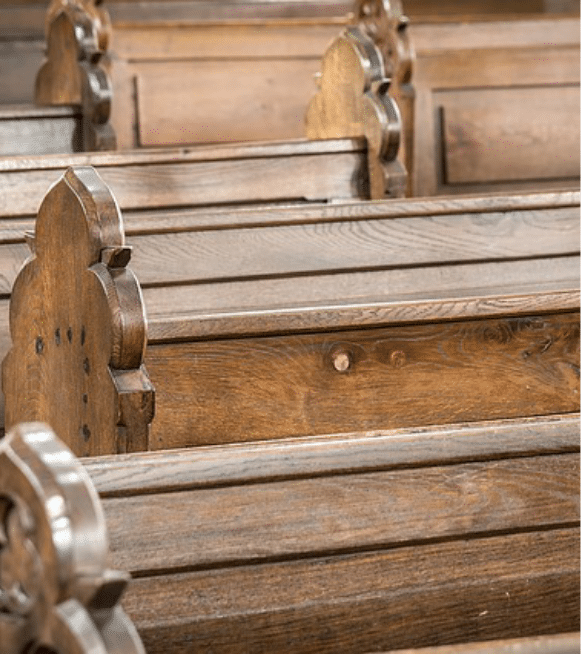Let’s address a peculiar phenomenon that warrants recognition. Consider a couple of examples. Firstly, there’s often a dismayed reaction from parents or grandparents upon discovering that their children haven’t been taught penmanship in school. They lament this loss of a fundamental skill, akin to American citizens being unable to read the Declaration of Independence or Constitution. Despite knowing cursive themselves, they haven’t imparted this skill to their own offspring. Suggestions that they take up this teaching are met with bafflement or chagrin.
Secondly, there’s a prevalent mourning over public schools no longer teaching the Bible. However, when asked if these individuals themselves read the Bible and pray with their families, there’s often awkward silence or excuses. There’s a failure to take responsibility for imparting crucial knowledge, including spiritual teachings. We bemoan these lapses in education, blaming others while passively grieving the consequences. While cursive and Bible teaching should ideally be part of school curriculum, the current reality necessitates proactive steps to educate the next generation ourselves. This reluctance to personally teach is both widespread and damaging, particularly to the Church, where catechesis—the most critical form of teaching—is often neglected.
I’ve discussed this with others, gathering various insights and hypotheses, which I’ll share here.
Professionalization of Teaching and Parental Inferiority
There’s a prevailing notion that teaching is a profession requiring specialized credentials, thereby diminishing the role of parents in their children’s education. This mindset is perpetuated by societal leaders, fostering a sense of parental inadequacy. Many parents complain about educational shortcomings without fully understanding the issues, often due to their own inadequate education or spiritual upbringing. Compassion is needed for these parents, who may require support and guidance rather than criticism.
Outsourcing and Lack of Genuine Care
Instead of addressing these educational gaps directly, there’s a tendency to outsource responsibilities. Parents seeking well-structured youth programs overlook the critical role of home-based spiritual and moral education. Studies consistently highlight that a child’s spiritual growth is significantly influenced by the devotional practices within the home. Mere attendance at Sunday School or youth groups cannot substitute comprehensive discipleship at home.
Spiritual Apathy and Excuses
A prevalent excuse for not teaching children is a lack of patience or belief that children won’t listen. This mindset reflects a deeper issue of spiritual apathy—acedia—which hinders active parental involvement in teaching. Patience and perseverance in teaching are virtues that need nurturing and practice, not excuses for avoidance.
Covenantal Forgetfulness and Cultural Conditioning
Our cultural obsession with present experiences and instant gratification has eroded our sense of historical continuity and future responsibility. This “neophyliac” tendency makes us susceptible to fleeting trends and ideologies, neglecting the profound responsibilities of passing on enduring truths and values. This forgetfulness of our covenantal responsibilities is echoed throughout biblical narratives, where forgetting God’s teachings led to spiritual rebellion and moral decay.
Conclusion: Rediscovering Our Role
Every individual carries a responsibility to transmit something meaningful to future generations—be it cultural heritage, faith traditions, or enduring values. This isn’t just about personal significance but about participating in a larger narrative of passing on wisdom and truth. As Christians, this responsibility is amplified by our covenant with God, which calls us to teach and memorialize His works and commandments.
Let’s embrace our role as custodians of a greater inheritance, ensuring that our children and future generations inherit not just material wealth but the enduring treasures of faith and righteousness.
Author: The Rev. Barton Gingerich, April 18, 2024
St. Jude's Anglican Church
We are a parish of the Reformed Episcopal Church. We have been worshiping together in the greater Richmond area for over a decade. We’d love to have you join us for Christian worship in the rich Anglican tradition.




